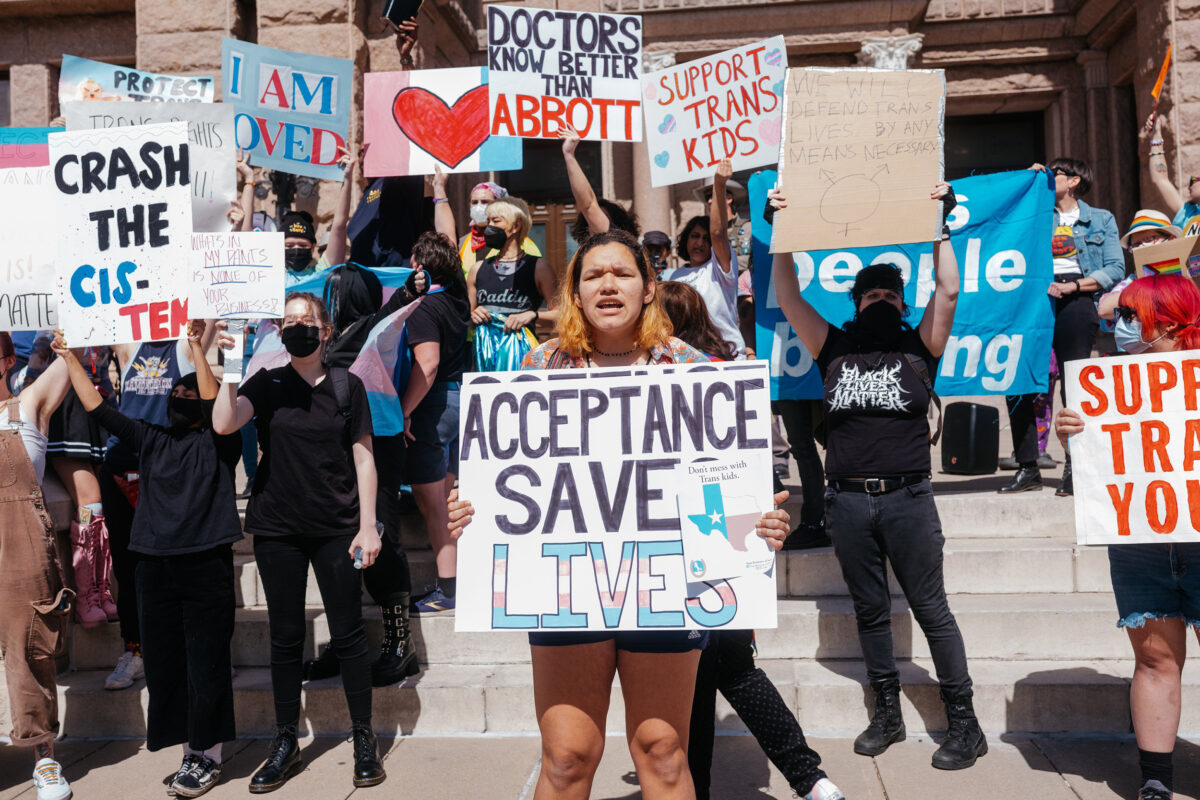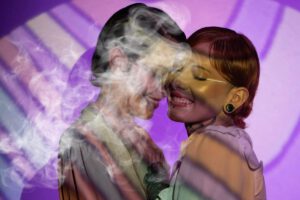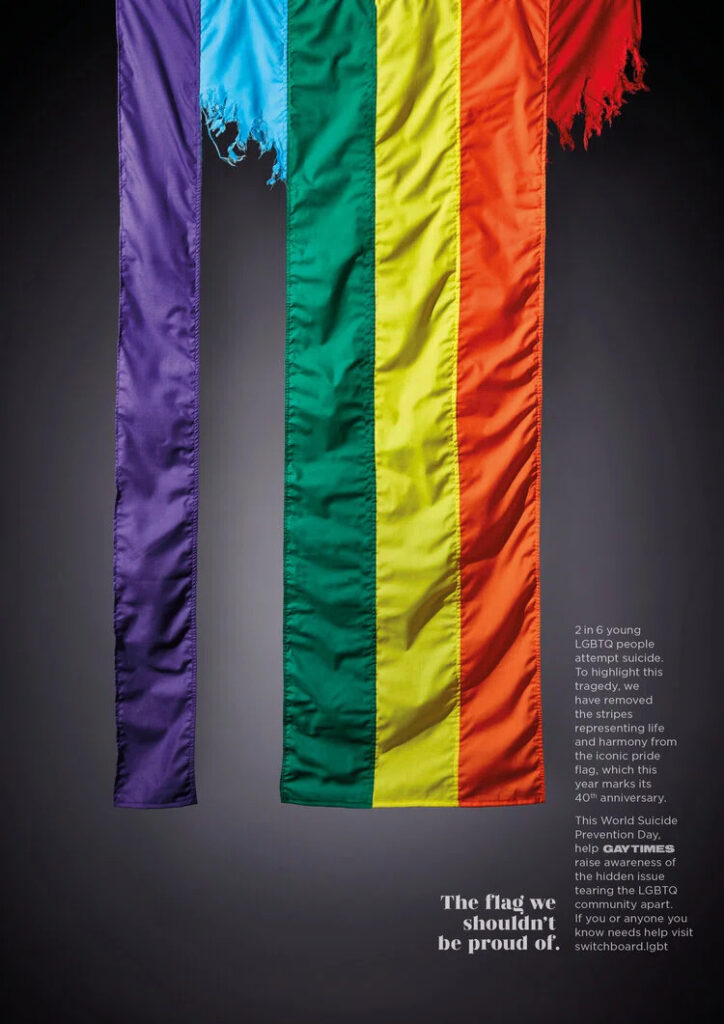Younger LGBQ adults have better physical health than older LGBQ people, but they also experience greater psychological discomfort. This is what the new study from the Williams Institute at UCLA School of Law found out.
To determine how physical and mental health markers varied throughout the three generations, researchers examined a representative sample of LGBQ people in the United States from three age groups. They are 18 to 25 years old or young, 34 to 41 years old or middle, and 52 to 59 years old or older.
The findings showed the middle group did not differ from either group. But the oldest group reported fewer days of poor mental health than the younger group. Younger age groups showed higher levels of psychological anguish. It is also disturbing to see the highest levels of psychological distress in the youngest age group.
However, the findings revealed no differences in substance abuse or social well-being between the age groups. But when data were broken down by sexual minority identity subgroups and gender, several discrepancies were found.
In comparison to gay and lesbian persons, bisexual people reported reduced happiness, social well-being, and life satisfaction. They also reported increased drug misuse. Comparatively to women, nonbinary people reported inferior general health, higher psychological suffering, and lower social well-being.
Young LGBQ persons still face stressful situations since they are a sexual minority, which harms their mental health despite social advancements. There are some signs that the health of young LGBQ people is improving, especially their social well-being. But they also consistently face psychological distress.
Although the general health of middle-aged and older LGBTQ persons was similar, they each had worse general health than younger LGBQ people. Men reported higher overall health and fewer days of poor physical and mental health compared to women.
Few racial or ethnic groups differed from one another, although Black LGBQ adults reported lower levels of pleasure, social well-being, and life satisfaction than White LGBQ people.




